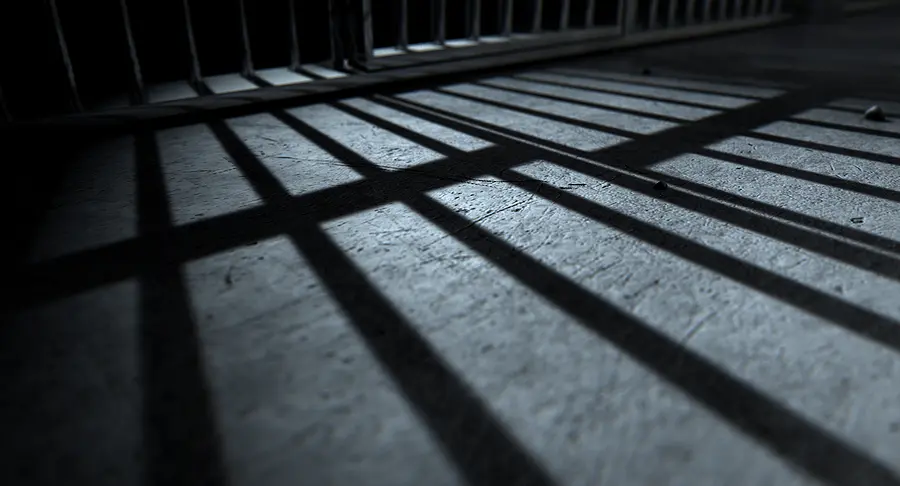TRENTON, NJ – A New Jersey county on Wednesday agreed to a consent decree with the U.S. government to improve treatment of inmates with mental health and substance abuse problems at a local jail, following suicides of six inmates who had been using opioids.
The decree resolves Department of Justice claims that Cumberland County’s treatment of inmates from 2014 to 2020, including “deliberate indifference” to those experiencing opiate withdrawal and at risk of suicide, violated the Constitution. Cumberland County is on New Jersey’s south shore. County officials did not immediately respond to requests for comment. The decree was filed in the Camden, New Jersey federal court and requires a judge’s approval. Federal investigators began examining the Cumberland County Jail in Bridgeton, New Jersey, which typically housed 300 to 350 inmates, in 2018 after six inmates who were denied medication-assisted treatment committed suicide over three years.
One, a 21-year-old woman, had told jail officials she was a daily user of heroin and Suboxone who once attempted suicide and had feelings of hopelessness and paranoia, and staff saw bruises and needle marks on her body. She killed herself two days after being jailed.
The Justice Department said Cumberland’s failure to provide adequate mental health care and take steps to prevent suicides violated the Constitution’s Eighth Amendment, which forbids cruel and unusual punishment, and 14th Amendment. A monitor will oversee Cumberland’s compliance with the decree, which “stands as a model” for the other U.S. jails and prisons that now house nearly 2 million people, Assistant Attorney General Kristen Clarke told reporters.
“Our work protects some of the most vulnerable people in society who do not leave their rights at the jailhouse door,” said Clarke, who leads the Justice Department’s civil rights division. Attorney General Merrick Garland signed the complaint accompanying the consent decree, and called the accord a “significant step” toward helping inmates with serious mental health disorders. County officials “fully cooperated” with the probe, the Justice Department said.
(based on a report by Jonathan Stempel in New York)
